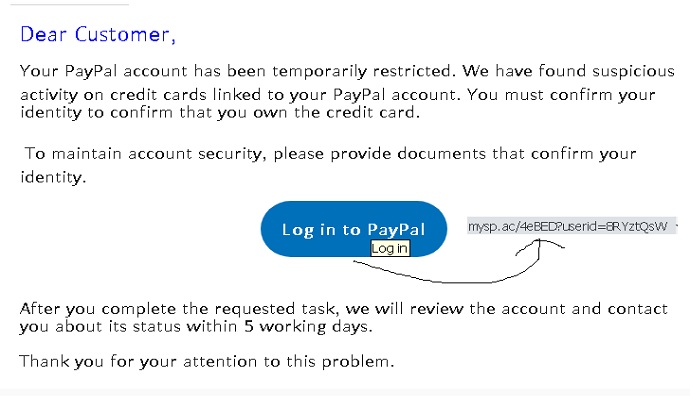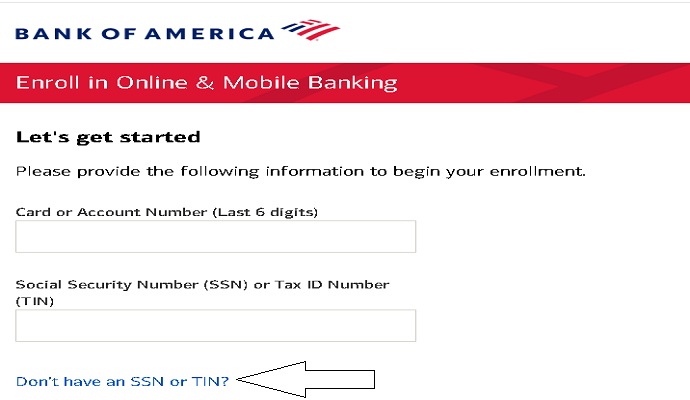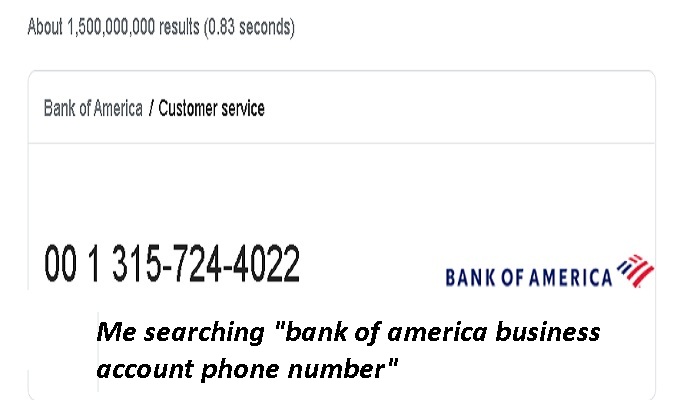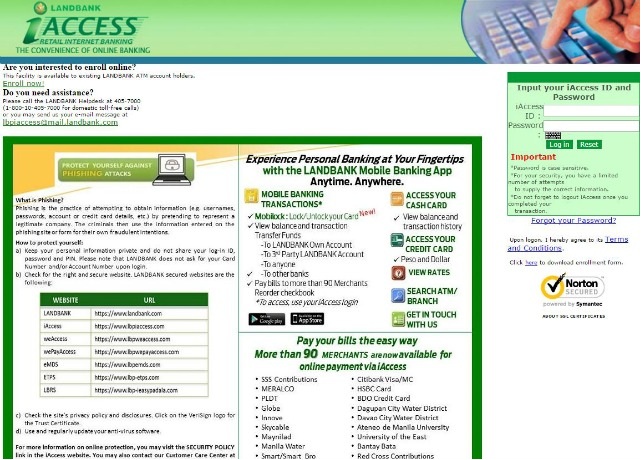
It’s finally here! You have been brainstorming, planning, and preparing for what feels like forever, and now it is undoubtedly time to launch your new business to the world! Since it is a business, money is going to be an indispensable part of your operations and where your money is housed is just as fundamental.
Read on for three banking tips for new small businesses.
Banking Tips #1 Choose the right bank.
When starting out with your small business, you need to spend some time considering the right bank for you, your firm’s needs, and your personality. Whether your requirements are simple (a separate business checking account) or complex (a line of credit), finding the bank that fits your business’s needs is crucial.
You should be on the lookout for a bank that you can rely on for the long haul and one that has stability, proper management, and a sense of civic responsibility. Avoid focusing solely on the current needs, but also future needs that will arise as your business grows.
Before you start shopping around, make sure you understand your needs. Do you need specialized services? How much cash flow will you have? Do you need a financial advisor who can help with cash flow management and investments? Are you thinking of opening a business bank account? Does this bank have lending authority? What is the most significant loan they can approve?
Some common small-business banking requirements include:
- Basic Services: checking account, business savings account, discounted employee checking accounts, credit card, deposit-only card, online banking.
- Lending Services: SBA loans, lines of credit, equipment leasing, term-loans, commercial real estate.
- Cash Management: wire transfers, wholesale lockbox, merchant services.
- Other: import finance, export finance, payroll, retirement accounts, insurance, discounts on hotels, shipping, office supplies.
Once you have shortlisted a few different banks, compare features such as additional services, fee structures, and interest rates.
Banking Tips #2. Understand the documents.
While bank documents can be the bane of any business owner’s life, you will be significantly rewarded if you take some time to learn the lingo. Try to be an informed customer by actually reading and understanding documents before you sign them or send them off to someone else. This will give you more control, as well as a clearer picture of your business and how it is performing.
Seek to learn which key performance indicators are crucial to your business and how you can utilize the information in your financial documents to monitor them, and the performance of your business.
Start by understanding your balance sheet, profit and loss statement, and cash flow statement. By interpreting these documents, you can then study your gross profit margin and net profit margin, which can then be used as benchmarks. From here you can certify that your products and services are priced correctly, determine what your margins are, and regulate your cash flow. Plus, it will make filing taxes a whole lot easier.
Banking Tips #3. Maintain a clear line of communication.
One of the most important relationships you will form outside of your core team is with your banking institution. Every bank offers a relationship manager for your bank account, and as an entrepreneur, or small business owner, it is essential that you take steps to build a relationship with this person.
As your business grows and changes over time, so too will your day-to-day banking needs. Put as much effort into nurturing a relationship with your bank manager as you would a new employee. Here are some of the things that this person can do for you:
- Guide you around financial solutions and expertise available
- Advise you on the best products available for your situation
- Quickly facilitate actions (such as closing down old bank accounts and opening new ones)
- Help you achieve both business and personal goals
- Direct you to other specialists in areas such as insurance, superannuation, estate planning, and wealth management
- Get charges on your account reversed
- Assist you with cheques, cash deposits, applying for loans, etc.
- Pre-warn you if a cheque is going to bounce
Once you have established a good relationship with your bank manager, check in with him or her at least once a year.
Banking Tip: A good relationship with a bank manager needs to happen before you have a need.
Despite small businesses generating a massive amount of economic growth all over the world, the narrative is often that small business owners have negative experiences with banks, due to the more modest amount of capital and transactions that they offer. Savvy banks are beginning to open their eyes to the brilliant opportunity they have to help small businesses and tap into a market that remains wide-open and lacks in intense competition.
As a small-business owner, you should prepare yourself for these opportunities, but also remember to stick to your instincts, do your research, and do what is best for the growth of your company.








DISCLAIMER: The information provided on InvestmentTotal.com is for general informational purposes only. The content on this website is not intended to be, and should not be construed as, professional financial advice.